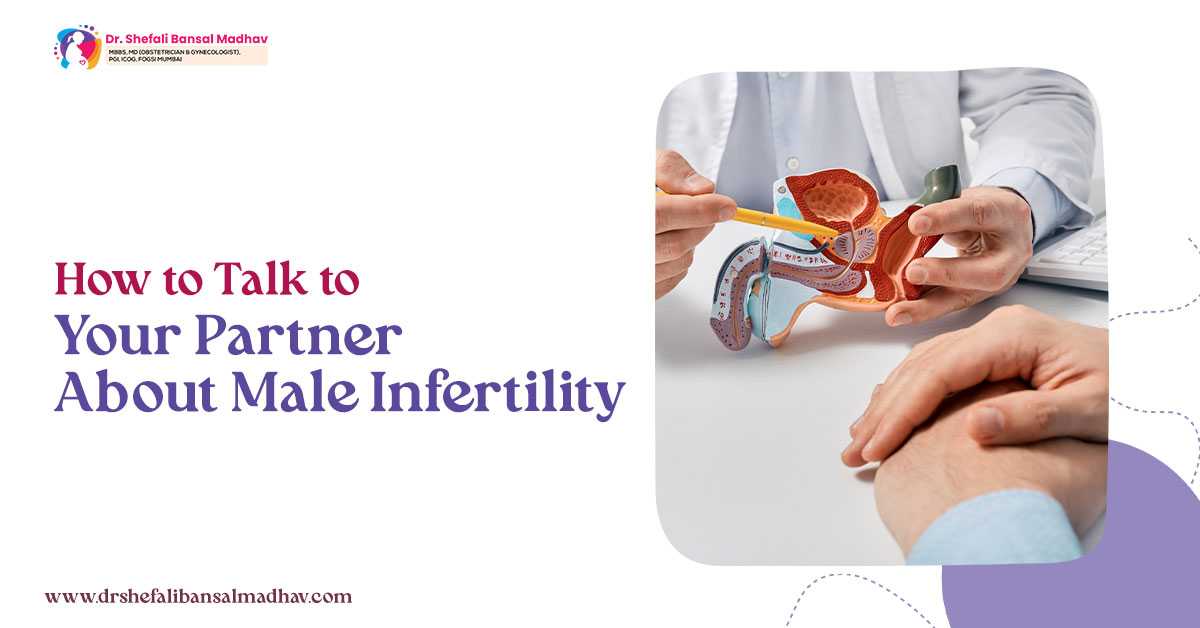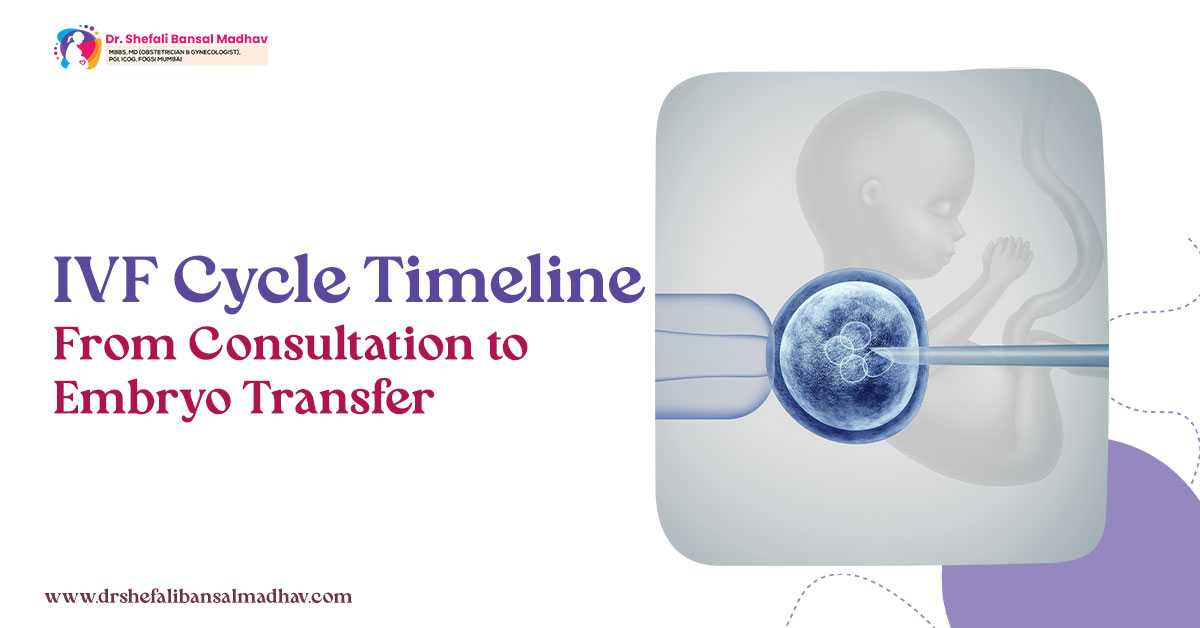Every couple sees the dream of starting a family while attaining a healthy pregnancy. Nowadays, most couples have to compromise their dream of parenthood due to infertility whether it be female or male factor-related infertility. If you experience difficulty conceiving even after trying for over a year then without any further delay you can seek the assistance of the best infertility specialist in Siliguri.
In case female factor infertility is detected then the specialist will recommend certain diagnostic tests to examine the underlying causes. Based on the results of the tests, an effective treatment plan or assisted reproductive technology procedures will be adopted.
Given below are some of the common gynaecological disorders that can cause female infertility.
1. Endometriosis
Endometriosis is one of the leading gynaecological disorders that can cause infertility. In this disorder, endometrial tissue similar to the uterine lining tissues develops in the ovaries or fallopian tubes. Gradually, these endometrial tissues thicken and bleed during the menstrual cycle.
Symptoms: Pain during intercourse, severe period cramps, excessive bleeding, fatigue, bloating, and pain during urination or bowel movements.
The mechanisms developed due to endometriosis that can cause reproductive failure are oocyte release impairment and tubal transport impairment. One may also suffer from low endometrial receptivity and implantation rate due to this disorder.
2. PCOS
Polycystic ovary syndrome (PCOS) is a hormonal issue which can develop at any time during the reproductive years. Women suffering from this disorder don’t have normal menstrual cycles and suffer from low androgen levels. In this disorder, small fluid-filled cysts also develop in the ovaries which can stop the follicles from releasing eggs whenever required.
Symptoms: Irregular periods, thinning of hair, depression, abnormal hair growth, weight gain, and acne.
PCOS also plays a significant role in infertility as it is a leading cause of ovulation problems, increased testosterone production, and hormonal imbalance which stop the successful implantation of the eggs.
3. Premature Ovarian Failure
Premature ovarian failure or primary ovarian insufficiency is another gynaecological disorder that can lead to infertility. This is a type of ovulation disorder where your ovaries stop functioning entirely before the age of 40. Due to this issue, your ovaries stop producing enough amount of estrogen which also interferes with egg release.
Symptoms: Trouble conceiving, irregular menstrual cycle, reduced sexual desire, vaginal dryness, and hot flashes.
The main factors of premature ovarian failure that may cause infertility are hypoestrogenism, lack of ovulation, and early menopause. You can consult an IVF doctor in Siliguri to determine your chances of pregnancy with this issue.
4. Uterine Fibroids
Uterine fibroids are certain non-cancerous growths in the uterus, which may vary in size and number. If this condition is not treated properly then it can grow in the stomach and pelvis area.
Symptoms: Lower back pain, frequent urination, heavy menstrual bleeding, pelvic pressure, constipation, and longer periods.
These fibroids may also be a major cause of fertility as they can impair gamete transport while obstructing the fallopian tubes.
5. Sexually Transmitted Diseases
Sexually Transmitted Diseases or STDs are a group of infections which usually spread through sexual contact. Some of the common types of STDs include genital herpes, HIV, chlamydia, and gonorrhoea. In some cases, certain disorders may also spread through skin contact and lead to various distressing symptoms.
Symptoms: Abnormal discharge from the vagina, rash, vaginal bleeding, genital warts, itchiness, and pain while urinating.
If the STDs are not treated properly at the right time then it can affect normal functioning of the reproductive organs while causing infertility. Pelvic inflammatory disease and fallopian tube infection are the main causes of infertility associated with STDs.
6. Menstrual Disorders
Menstrual disorders become a primary factor behind the abnormal menstrual cycle. This is also one of the most common reasons for visiting a gynaecologist. The common types of menstrual disorders that can affect your quality of life and fertility rates are premenstrual syndrome, abnormal uterine bleeding, amenorrhea, and premenstrual dysphoric syndrome.
Symptoms: Excessive period cramps, bloating, emotional distress, abnormal bleeding patterns, and depression.
Some of the probable conditions associated with menstrual disorders that can lead to infertility are endometriosis, ovulation abnormalities, and uterine fibroids. You may also develop hormonal imbalances due to improper menstrual cycles.
7. Fallopian Tube Blockage
Fallopian tube blockage is another cause of infertility which can stop the sperm to transported towards the uterus for further implantation. Some of the common causes which can create this blockage include pelvic adhesions, scar tissue, and infections.
Symptoms: Difficulty in passing urine, nausea, problems in bowel movements, fever, and chills.
Fallopian tube blockage plays the most vital role in infertility as it interferes with the fertilization as well as the implantation process of the mature embryo.
If the gynecologist has detected any of these issues then it is essential to book an appointment with a reputed infertility specialist in Siliguri. The specialist will analyze your medical and infertility history to recommend an IVF cycle, IUI, or usage of donor eggs.





